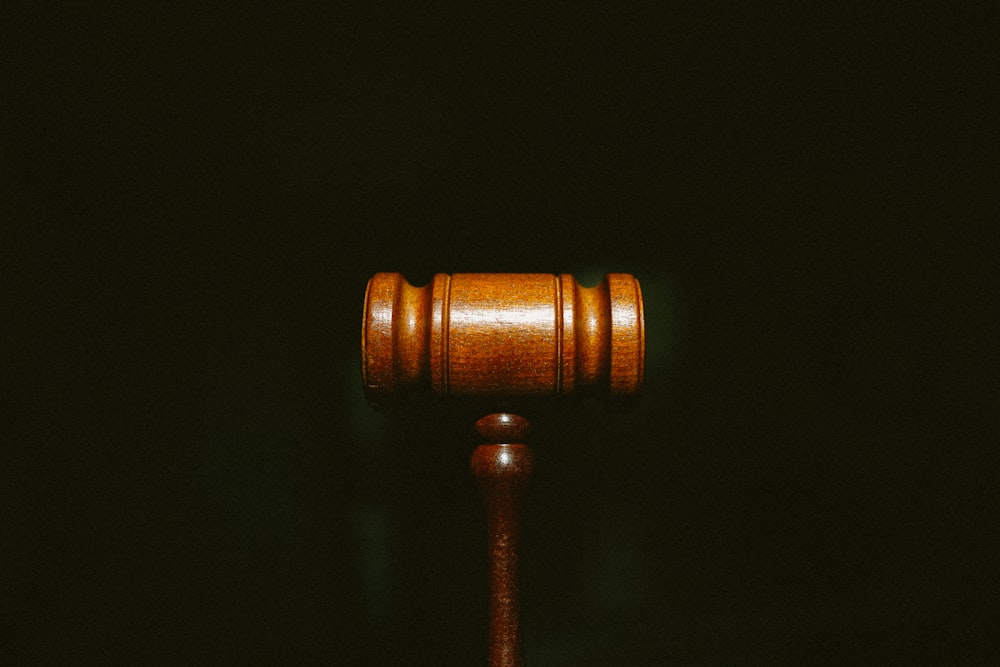Understanding the Role of a Prosecutor
33

Educational Requirements
- Undergraduate Degree: The journey typically starts with obtaining a bachelor's degree. While there's no specific major required, courses in criminal justice, political science, psychology, and sociology can be beneficial.
- Law School: After completing an undergraduate degree, the next step is to attend law school to earn a Juris Doctor (JD) degree. Admission to law school usually requires taking the Law School Admission Test (LSAT) or a similar exam depending on the country.
- Pass the Bar Examination: Upon graduating from law school, you must pass the bar exam in the jurisdiction where you intend to practice. This is a crucial step to becoming licensed to practice law.
Gaining Relevant Experience
- Internships and Clerkships: Participating in internships or clerkships, especially those in prosecutor's offices or related legal settings, can provide invaluable experience and insight into the workings of the criminal justice system.
- Legal Practice: Some jurisdictions require or prefer candidates to have some experience practicing law, often as a defense attorney or in another legal capacity, before becoming a prosecutor.
Specialized Training and Certification
- Continuing Legal Education: Prosecutors may need to undergo additional training specific to their role, focusing on criminal law, trial advocacy, and ethical considerations. Continuing legal education (CLE) is often required to maintain one's license to practice law.
Applying for Positions
- Entry-Level Positions: Many prosecutors start their careers in junior positions, such as assistant district attorney (ADA) or deputy prosecutor, where they gain experience handling less complex cases under the supervision of more experienced prosecutors.
- Advancement: With experience, prosecutors can advance to handle more serious and complex cases, or even lead a prosecutor's office as a District Attorney, Chief Prosecutor, or in a similar high-ranking position.
Key Skills and Attributes
- Legal Knowledge and Analytical Skills: A thorough understanding of criminal law and superior analytical skills to evaluate evidence and legal issues.
- Communication Skills: Excellent written and verbal communication skills are crucial for arguing cases in court and working with victims, witnesses, and law enforcement.
- Ethical Consideration: Prosecutors must adhere to high ethical standards, balancing the pursuit of justice with the rights of the accused.
Challenges and Considerations
- Workload and Stress: The role can be demanding, with heavy caseloads and the emotional toll of dealing with serious crimes.
- Public Scrutiny: Prosecutors often work in the public eye and may face scrutiny and criticism from the community, media, and other stakeholders.
Becoming a prosecutor is a challenging but rewarding career path that requires a strong commitment to justice, rigorous education and training, and the resilience to handle the pressures of the legal system.





































































